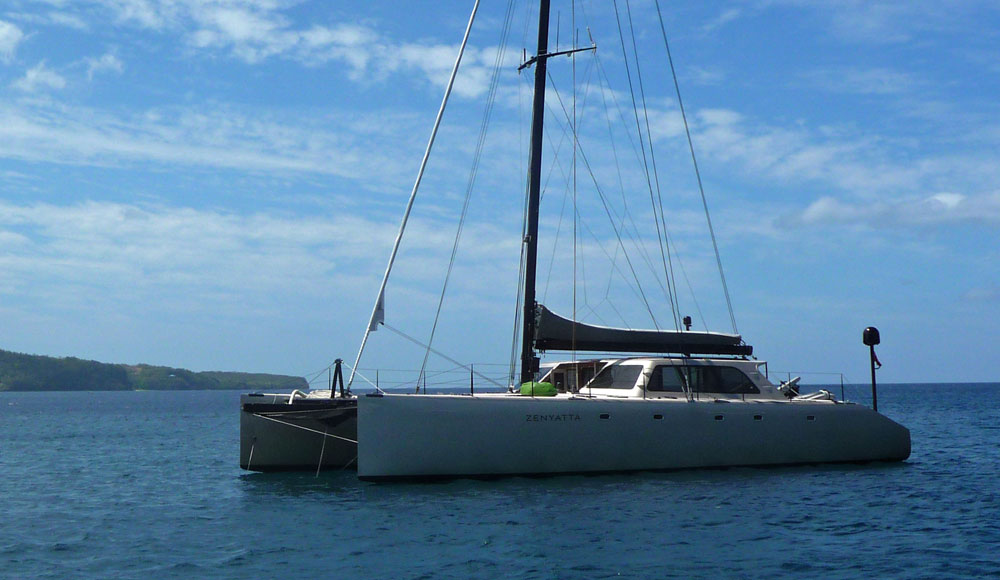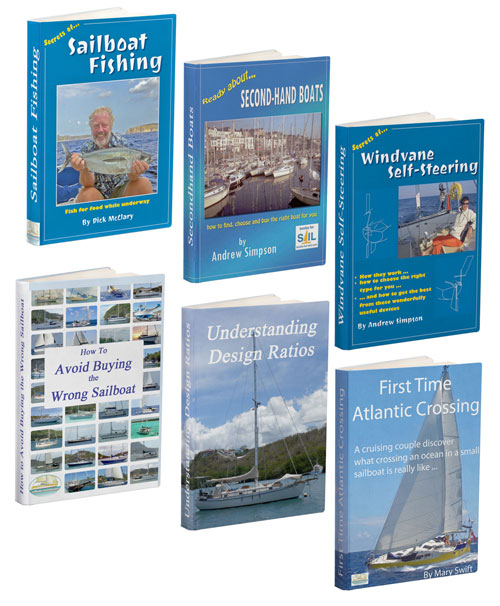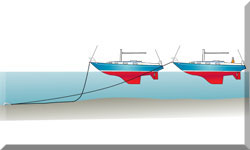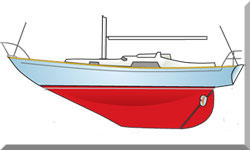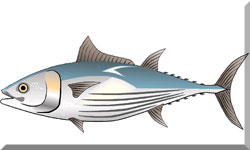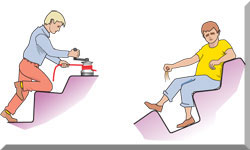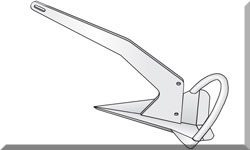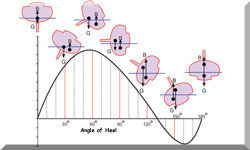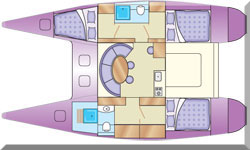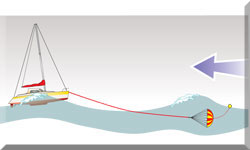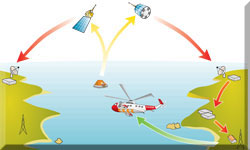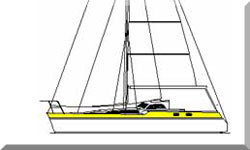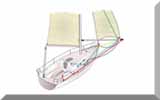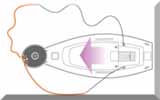- Home
- Types of Sailboats
- Trimaran Vs Catamaran
- Catamaran Sail Boat
Can a Catamaran Sail Boat be a Good Choice for Cruising?
With accommodation in both hulls and the central structure, catamaran sailboats (or just plain 'cats') have certainly got ample space below to make good cruising homes - but not all of them make good long-term cruising sailboats.
And catamarans work better in some parts of the world than others. In the Caribbean for example, where they're very popular, safe leeward anchorages abound - so there's little reason to tie up in expensive marinas.
In other parts where safe anchorages are not so easy to find, mooring your catamaran in a marina can be pretty expensive. Expect to pay double what you'd pay for a monohull of similar length overall. These considerations can be pivotal for cruisers planning extended voyages across different regions.
Charterers though, looking for a spacious floating home for a few weeks that doesn't heel over, love them.
The temptation for manufacturers is to pander to the bareboat charter market, maximizing interior space—and income for charter companies—often at the expense of performance. Thankfully, some enlightened manufacturers produce both charter versions and owner’s versions. If you're looking for a catamaran for cruising, the owner’s version is the one to go for, as it prioritizes liveability and functionality over sheer capacity.
A Typical Accommodation Layout in a Catamaran Sail Boat
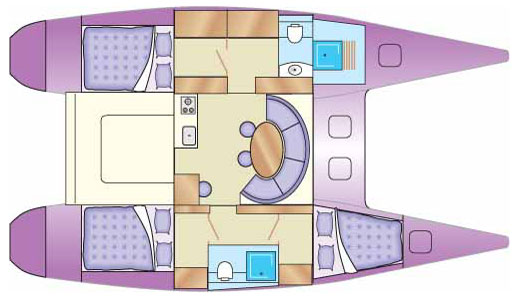 Interior layout of cruising charter catamaran
Interior layout of cruising charter catamaranThree separate cabins, each with a double berth, is the norm in a 38 foot catamaran sail boat designed for chartering.
Unlike a monohull, these double berths stay reasonably flat and level when underway, so individual seaberths with leecloths aren't necessary—a great comfort for cruising families or couples.
However, the bridgedeck on many production multihulls is set lower to maximize standing headroom in the saloon. While this sounds appealing, it does lead to noise and slamming from waves, which can become more noticeable during long passages. Here, well-thought-out designs—like higher bridgedecks—can make a big difference to overall comfort.
It’s worth noting that trimarans sacrifice accommodation for performance. While they’re less spacious, the thrill of sailing a high-performance trimaran might appeal to cruisers prioritizing speed and exhilaration.
For long-term liveaboard cruisers, provisions like cross-ventilation, ample storage for food and water, and even modifications for specific climates are critical. A well-designed owner’s version catamaran can cater beautifully to these needs.
Characteristics Underway
One common critique of catamarans is their reputation as poor windward performers, especially when reefed in heavy weather. This is largely due to their windage and shallow draft. While vestigial keels help resist leeway, performance-oriented models fitted with daggerboards stand out for their improved upwind capabilities.
Overloading a catamaran sail boat will, as with all light displacement sailboats, decrease the Sail-Area/Displacement Ratio and spoil performance.
Consequently small, high volume cats, when loaded with the equipment for offshore cruising can become, well, dogs. And it's for this reason that, in my opinion, long-distance cruising catamarans only begin to make sense at around 45 feet.
Some, like the the magnificent example shown above, are manufactured from hi-tech materials - carbon composite hull, carbon masts...
On the wind, owing to their minimal draft, catamarans can make considerable leeway. Most have vestigial keels to resist this tendency, but those designed to really tramp on have daggerboards.
At sea, their inability to absorb the small variations in the wind by heeling gives them a peculiar, lurching movement which can be a bit disconcerting until you get used to it.
Also, the rapid variations in speed and the effects these have on the apparent wind direction, mean that wind vane self-steering systems find it very difficult to keep multihulls on a straight course
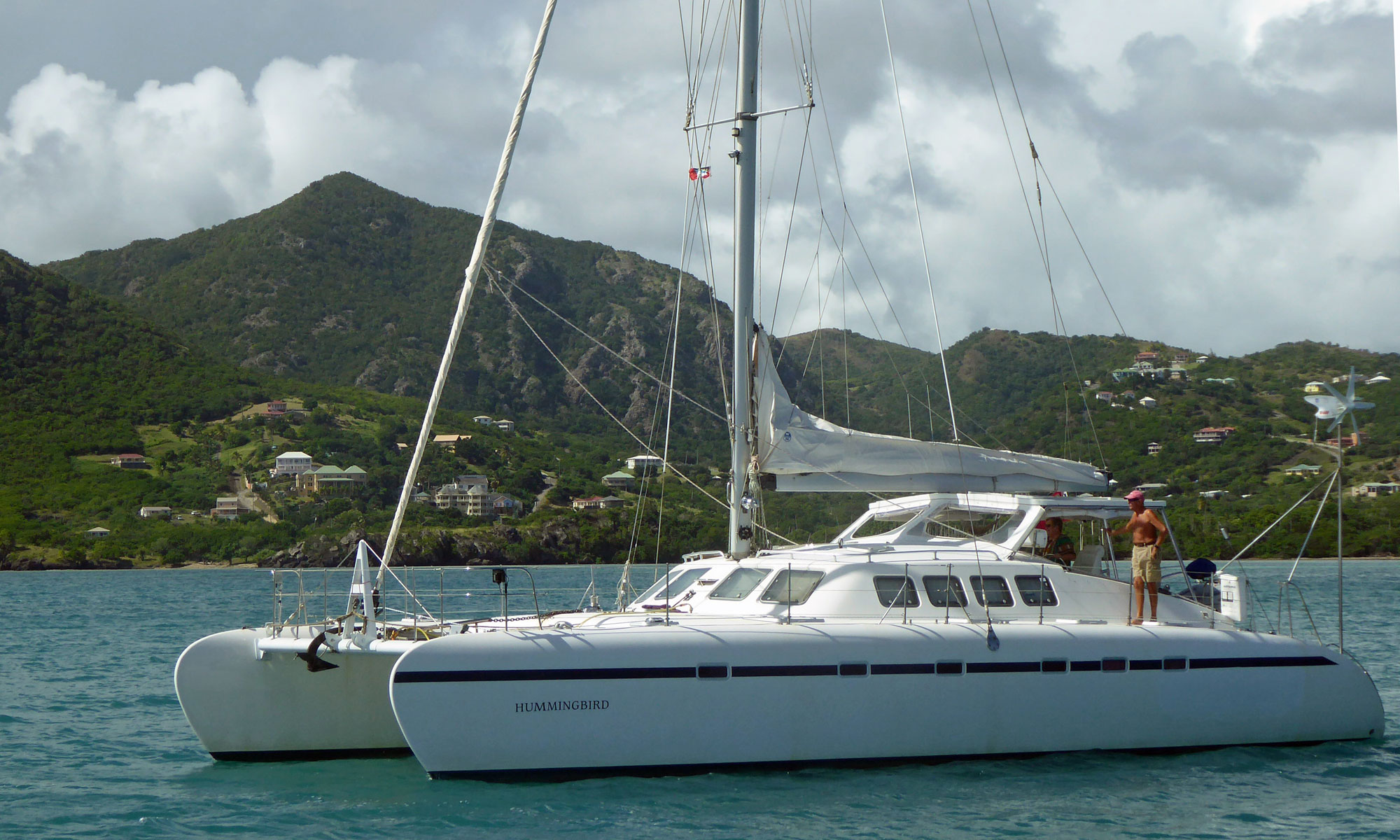 A Freebird 50 catamaran designed for long-distance cruising.
A Freebird 50 catamaran designed for long-distance cruising.But a properly designed catamaran from the board of a designer unconstrained by the requirements of the charter market can make a fine cruising boat.
In reasonable conditions a well-sailed catamaran can often arrive at an upwind destination earlier than a monohull of similar length - any inferior pointing ability having been compensated by a higher speed through the water and resulting VMG (Velocity Made Good).
Under power, a catamaran's maneuverability can be remarkable.
If they have an engine in each hull, putting one astern and the other ahead will turn a catamaran sailboat in its own length with ease - a redeeming feature in a marina, where you're likely to attract a hefty surcharge for a berth.
Anchoring & Mooring
A catamaran at anchor is prone to swing and yaw about - a characteristic not universally applauded by monohull cruisers anchored nearby. This cavorting at anchor is a result of the catamaran's:
- high windage;
- light displacement;
- shallow draft.
But it can be much reduced by a bridle as sported by the catamaran shown below...
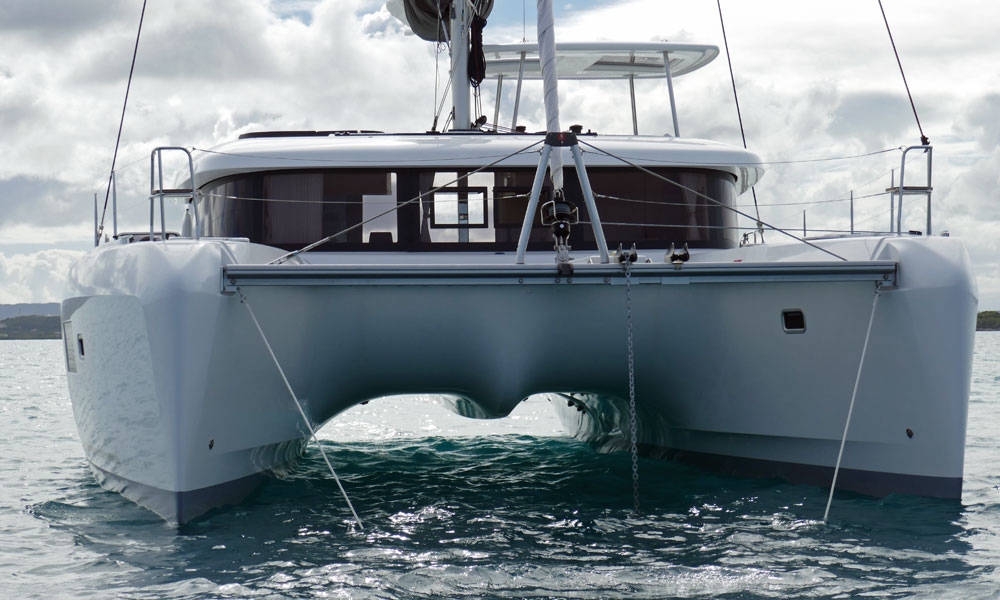 A Lagoon 42 catamaran anchored with a bridle to reduce swinging and yawing.
A Lagoon 42 catamaran anchored with a bridle to reduce swinging and yawing.The catamaran is anchored from the bow centreline in the normal way following which the bridle is attached.
The bridle is attached to the anchor chain by a grab hook, and secured to each of the hulls at an adequately engineered pad eye. Most skippers leave the bridle permanently fitted to the hulls ready for deployment at the next anchorage as demonstrated by the Krysna 480 shown below.
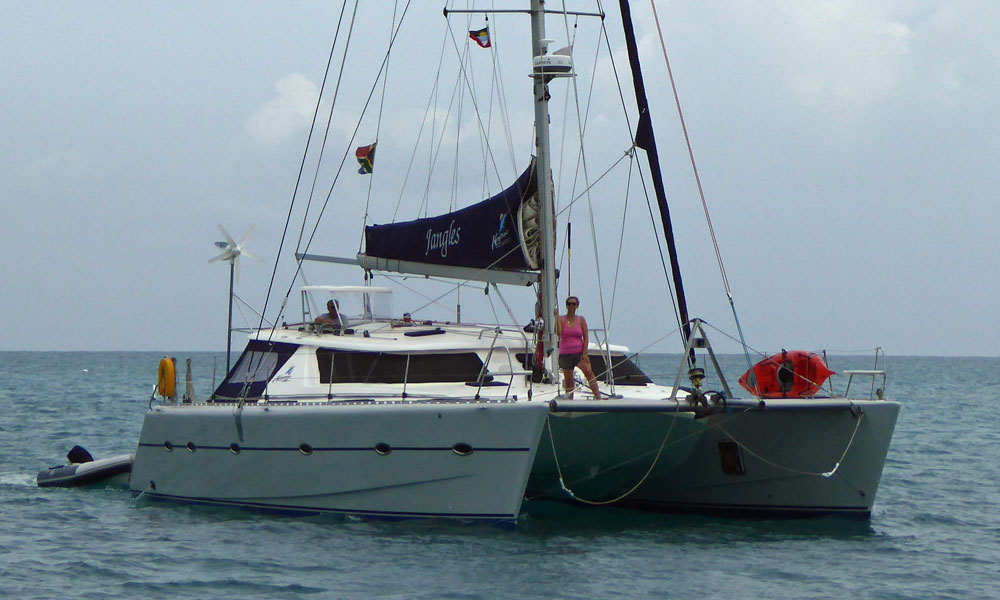 The bridle is ready for attachment to the anchor chain when the crew of this Krysna 480 have securely anchored.
The bridle is ready for attachment to the anchor chain when the crew of this Krysna 480 have securely anchored.Recent Articles
-
Is An SSB Marine Radio Installation Worth Having on Your Sailboat?
Apr 14, 25 02:31 PM
SSB marine radio is expensive to buy and install, but remains the bluewater sailors' favourite means of long-range communication, and here's why -
Correct VHF Radio Procedure: Your Questions Answered
Apr 14, 25 08:37 AM
Got a question about correct VHF radio procedure? Odds are you'll find your answer here... -
VHF Marine Radio; Which One is Right for Your Boat?
Apr 14, 25 05:09 AM
If you're looking to buy a VHF Marine Radio the choice can be a bit overwhelming. So what should it be, a fixed VHF or a handheld VHF? Maybe one with AIS or GPS built in perhaps?
